Taking the world by storm and captivating readers with her unique writing style of absent capitalization and an intimate portrayal of raw emotions, the upcoming self-published poet Rupi Kaur writes poetry that influences the lives of many.
Through skillful use of evocative language and powerful imagery, Kaur portrays the complexities of womanhood by weaving together the struggles and essential experiences that shape the female experience.
Kaur’s writing is undeniably captivating, providing vivid and detailed imagery that captures the reader’s imagination. A crystal clear tone and emotional writing style allow readers to easily visualize the scenes depicted in the poems.
Additionally, some of Kaur’s poems have real illustrations that she has drawn herself. This unique feature allows readers to connect the meanings of the poems to a corresponding image, further enhancing the overall reading experience.
While delving through the painful memories of past relationships Kaur came to an epiphany of realization causing her to begin writing poetry. The oppression of women is a horrendously common event that manipulates its way into the lives of young women across the globe. Kaur’s most popular poetry books, “milk and honey,” “home body” and “the sun and her flowers,” take readers through her journey of oppression.
Kaur’s self-published poetry book “milk and honey” is a thought-provoking book that beautifully captures the struggles faced by women due to the patriarchal influence of society. Whether the pain is portrayed through heartbreak, over-sexualization, an emotionally distant father or the manipulated view of abuse as love, the way Kaur puts the ink on the pages tells a story.
“milk and honey” highlights these experiences and their importance in stunting a woman’s growth into womanhood. Kaur puts into picture her journey as an immigrant and the importance of having a strong relationship with your close family, “a daughter should not have to beg her father for a relationship. i can’t tell if my mother is terrified or in love with my father it all looks the same.”
While growing up in a broken family and coping with a father who was physically present but emotionally absent, Kaur learned many values regarding self-identity that she incorporates into her poetry.
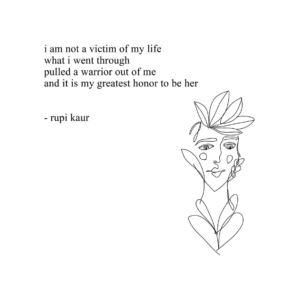
In an interview with Publishers Weekly, Kaur explains the roots of her internal values. “I write poetry, but I’m a human first. I’m a woman first. I’m a Punjabi-Sikh woman first,” Kaur said. “I just happen to be on a very public journey which complicates things, but that’s why I always remind myself: I am allowed to step outside of the box the world sees me in. In fact, I owe it to myself – to feel alive.”
Another common aspect that Kaur mentions quite frequently is confusion between real love and healthy relationships versus manipulated viewpoints shoved onto vulnerable women. In the same interview with Publishers Weekly, Kaur mentions her twisted and broken views on healthy relationships. “It all looks the same, I can’t tell the difference between love and violence,” Kaur said.
By depicting the events of Kaur’s relationships and comparing them to common themes of domestic violence and sexual abuse, it is surely easy to correlate the origins of her poems to be rooted in a history of abuse and manipulation.
According to “5 Reasons Rupi Kaur Is the Poet of Our Times,” on B&N Reads, Kaur focuses a considerable amount of her work on problems that women face in their day-to-day lives, which are frequently overlooked by men.
Since Kaur’s target audience consists mostly of women, some male critics tend to belittle her work as trivial or unimportant. With powerful and emotional poetry, Kaur reveals the reality of living as a woman. The poems may be short, but the words hold significant weight, particularly when it comes to calling out the culture that rips women apart and washes them from the inside out.
“the sun and her flowers,” one of Kaur’s most recent books, sheds light on the topics of sexual assault and the over-sexualization of women, advocating for change and awareness. Kaur writes, “she is not a porn category or the type you look for on a friday night she is not needy or easy or weak.”
Kaur’s raw and interpretable approach to these issues in her poetry makes them relatable and accessible to a wide audience. Each poem has its gut-wrenching meaning with specific details but is also vague enough to be interpreted individually by each reader.

Kaur’s poetry is the emotional rollercoaster of love. By exploring the intricacies of relationships that are often based on a shallow understanding of love and the devastating consequences that follow, Kaur uses her words to portray the emotions experienced by those who have been hurt and betrayed in relationships, whether platonic, familial or romantic.
Kaur’s words also act as a reminder to be cautious of those we share our minds and bodies with since underlying consequences do occur.
Although it seems Kaur may focus on solely negative emotions, her poems also provide a message of hope and resilience to find the internal strength to grow and accept the fact that although something was damaging, we have to leave the scars behind and continue to grow.
By embracing the pain and allowing oneself to feel the full spectrum of emotions, Kaur’s poetry encourages her readers to find the courage to move forward and to accept the lessons they have learned. In milk and honey, Kaur writes, “accept that you deserve more than painful love. life is moving and the healthiest thing for your heart is to move with it.”
Kaur’s poetry touches upon the themes of self-acceptance and self-love, urging her readers to embrace their flaws and imperfections, and to find the courage to be vulnerable in the face of pain. One poem that stuck with many of Kaur’s readers is the very last poem written in milk and honey, “the rape will tear you apart, but it will not end you.”
Kaur’s words offer a message of empowerment that even in the darkest moments, there is still hope and light. In an article from #FridayFiresideChats, Emmah Kithinji writes about popular themes within Kaur’s poetry. “Rupi Kaur explores themes of love, loss, trauma, healing, and femininity,” Kithinji said. “Through her words, Kaur takes readers on a journey of self-discovery and empowerment, as she reflects on her own experiences of pain and healing.”
When it comes to embracing and accepting the scary paths of entering womanhood, Kaur emphasizes the idea that individuals should not depend on others to feel complete or find happiness. Instead, they should look within themselves and find fulfillment in their own souls and desires.
The message is clear: self-love and self-reliance are key to finding true happiness and fulfillment in life. Instead of relying on others to fill the voids within us, we should look within ourselves and find the strength to fill them on our own.
Kaur’s words serve as a call to action to remind that women don’t need anyone else’s validation or approval to feel complete, and that true happiness comes from within. Kaur’s poetry as been known to encourage readers to embrace their flaws and imperfections, and to find the courage to be vulnerable in the face of pain.




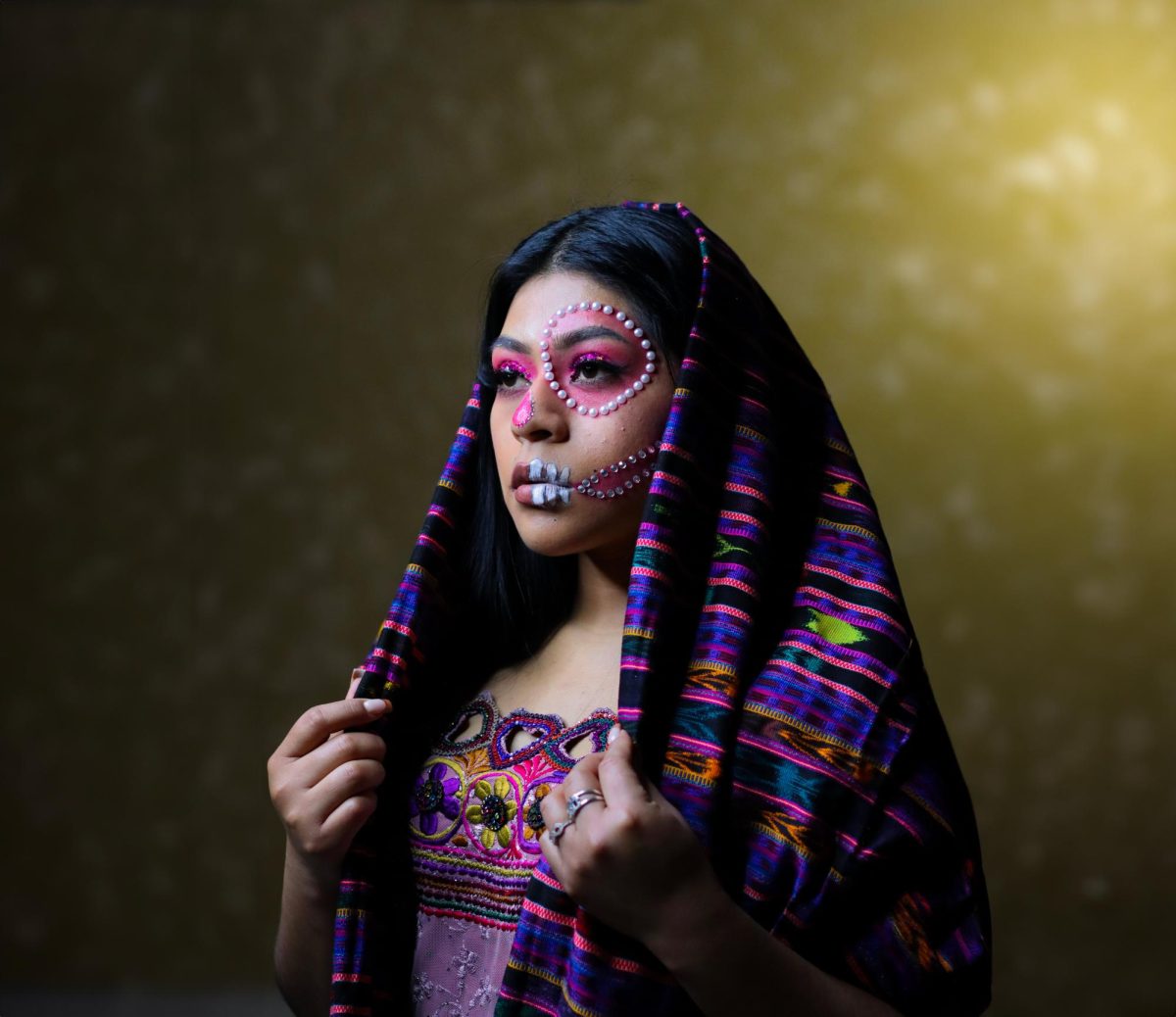

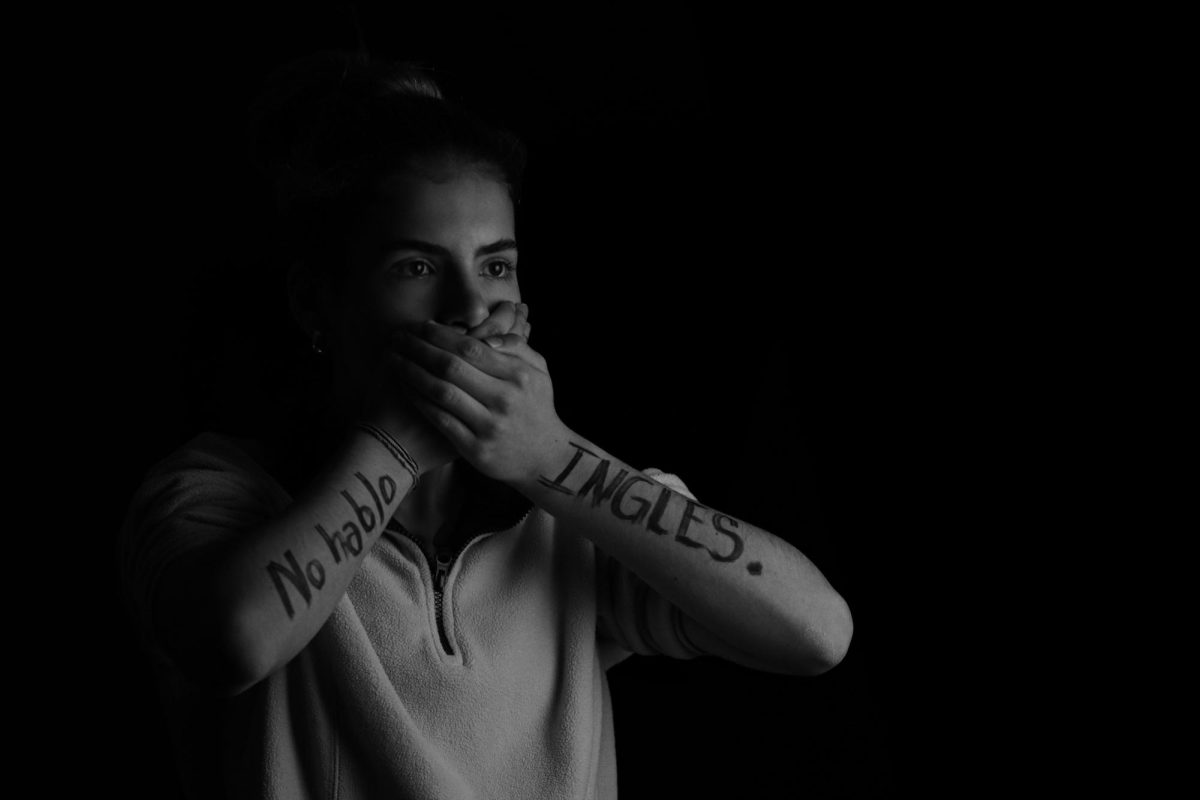
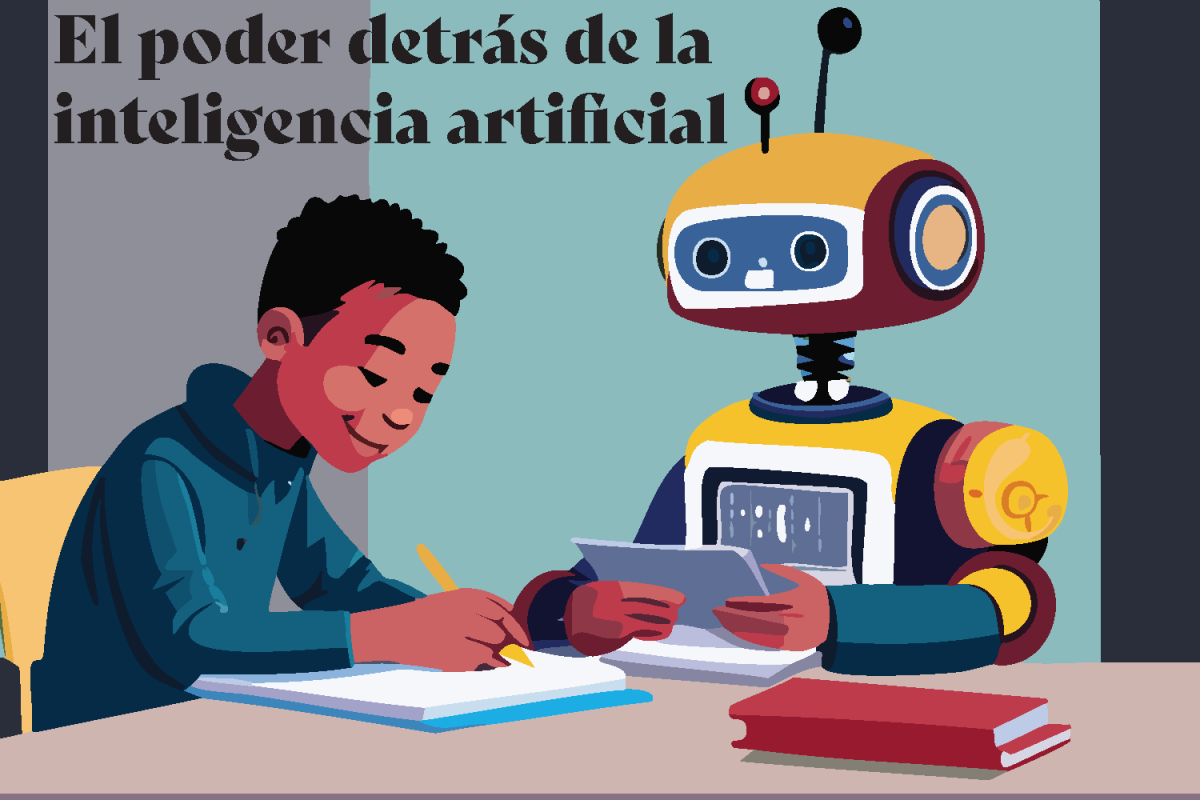
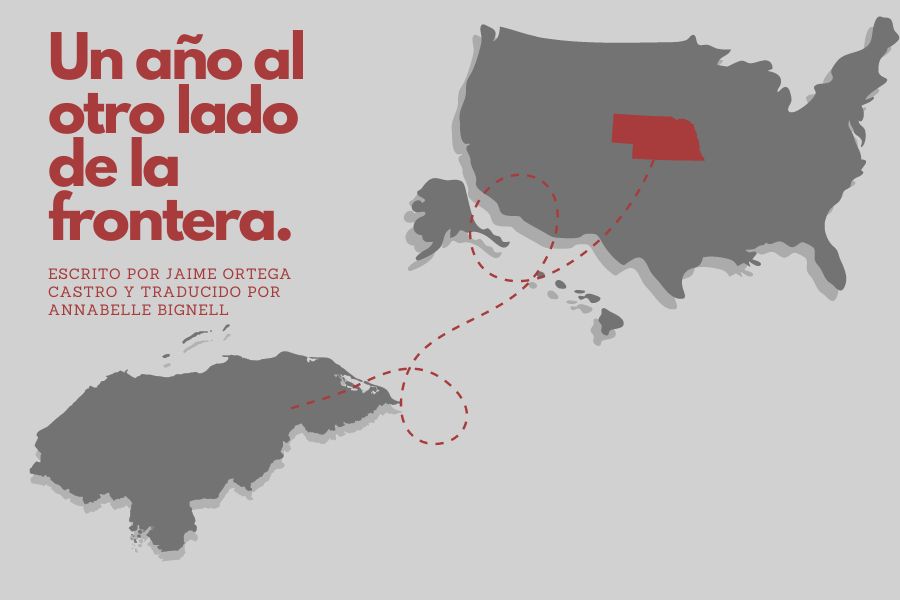
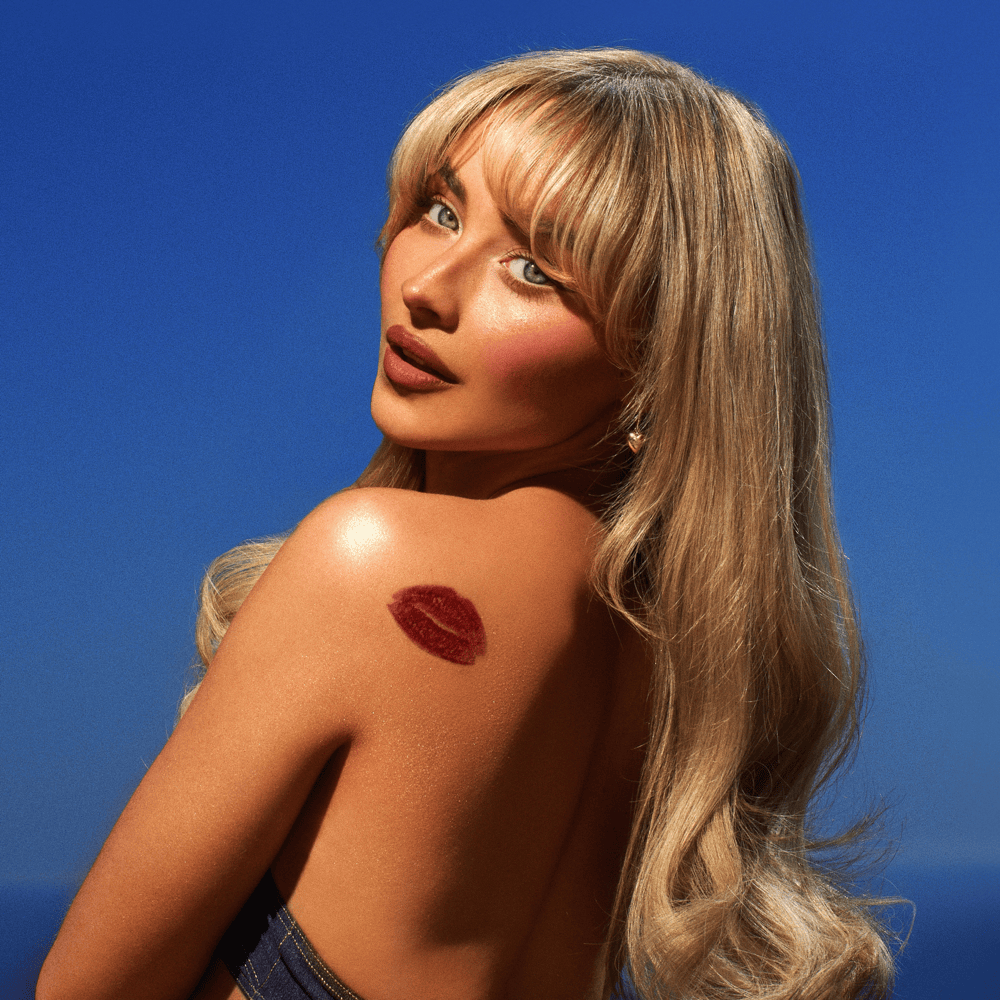
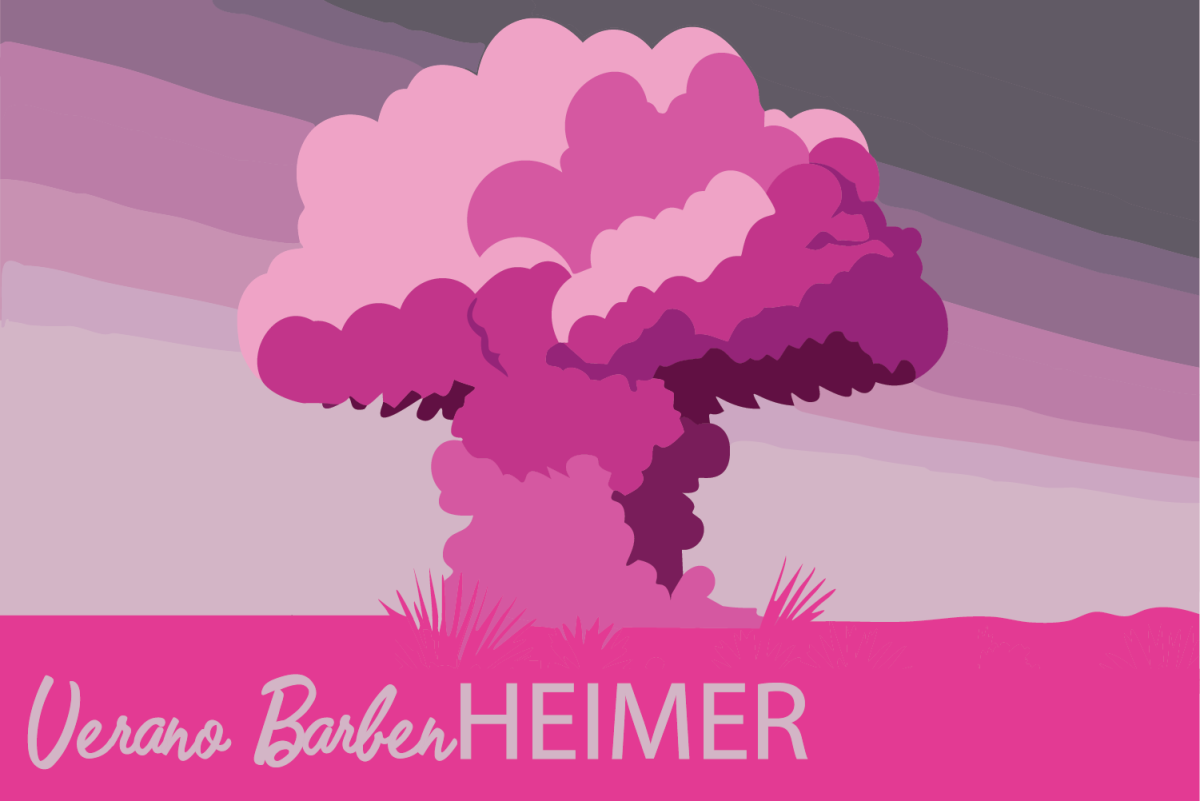



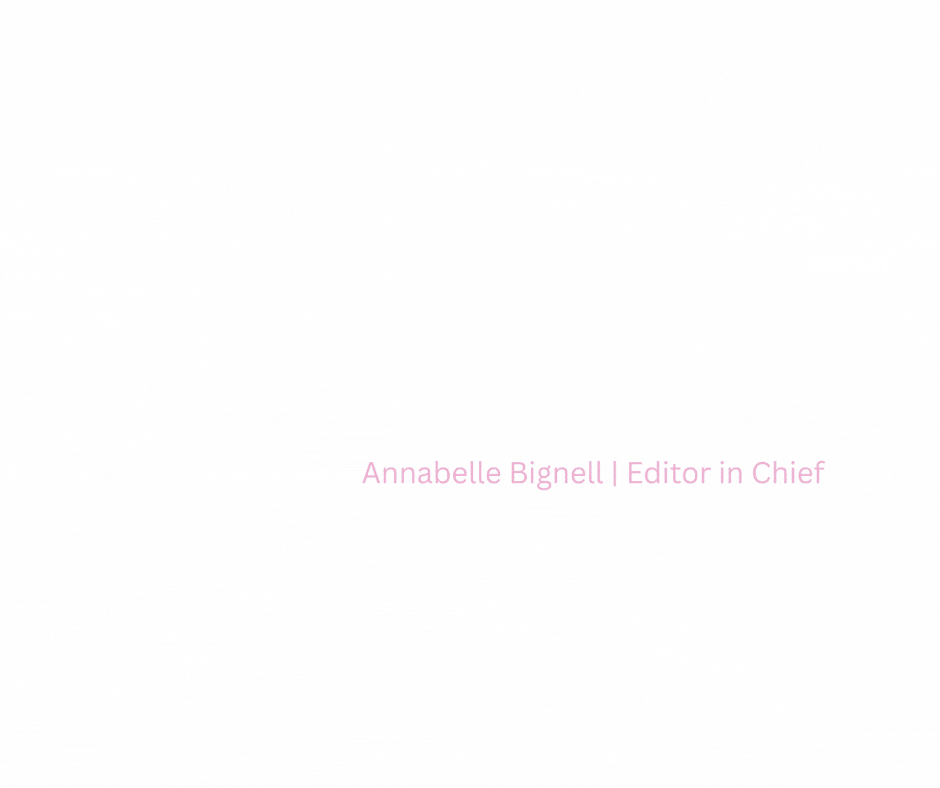
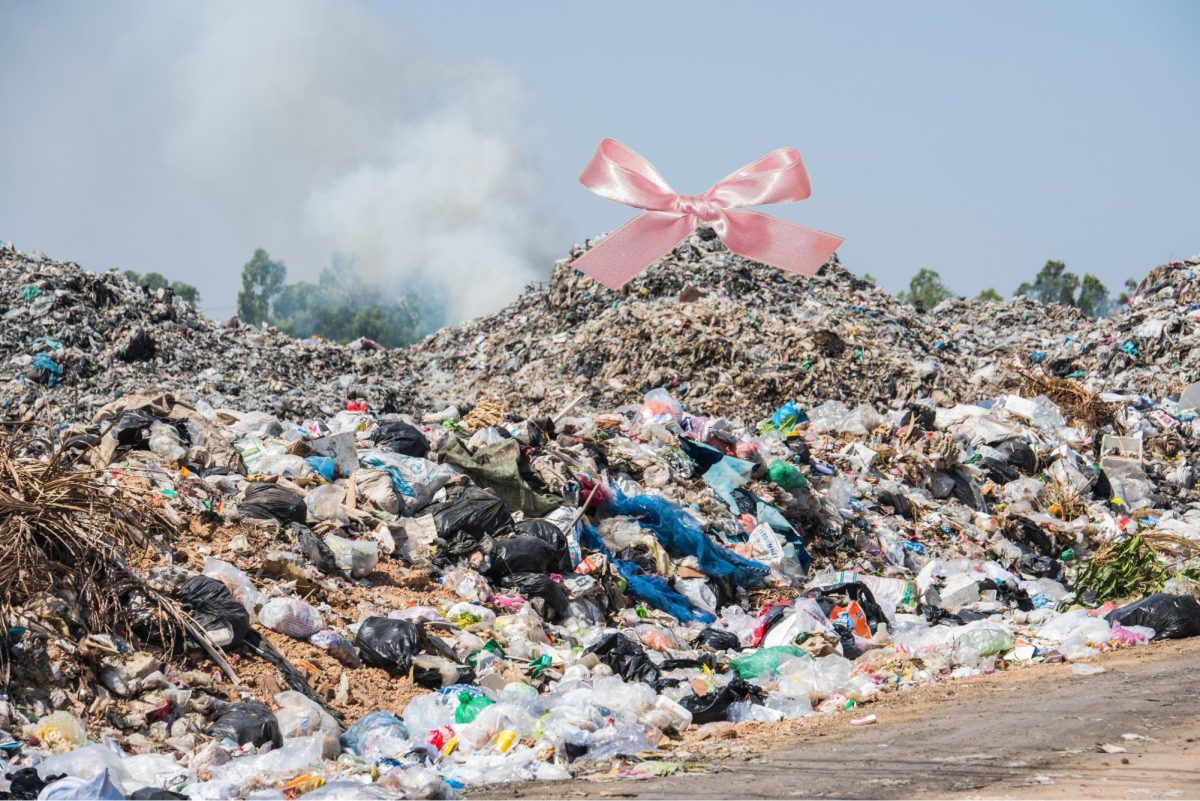

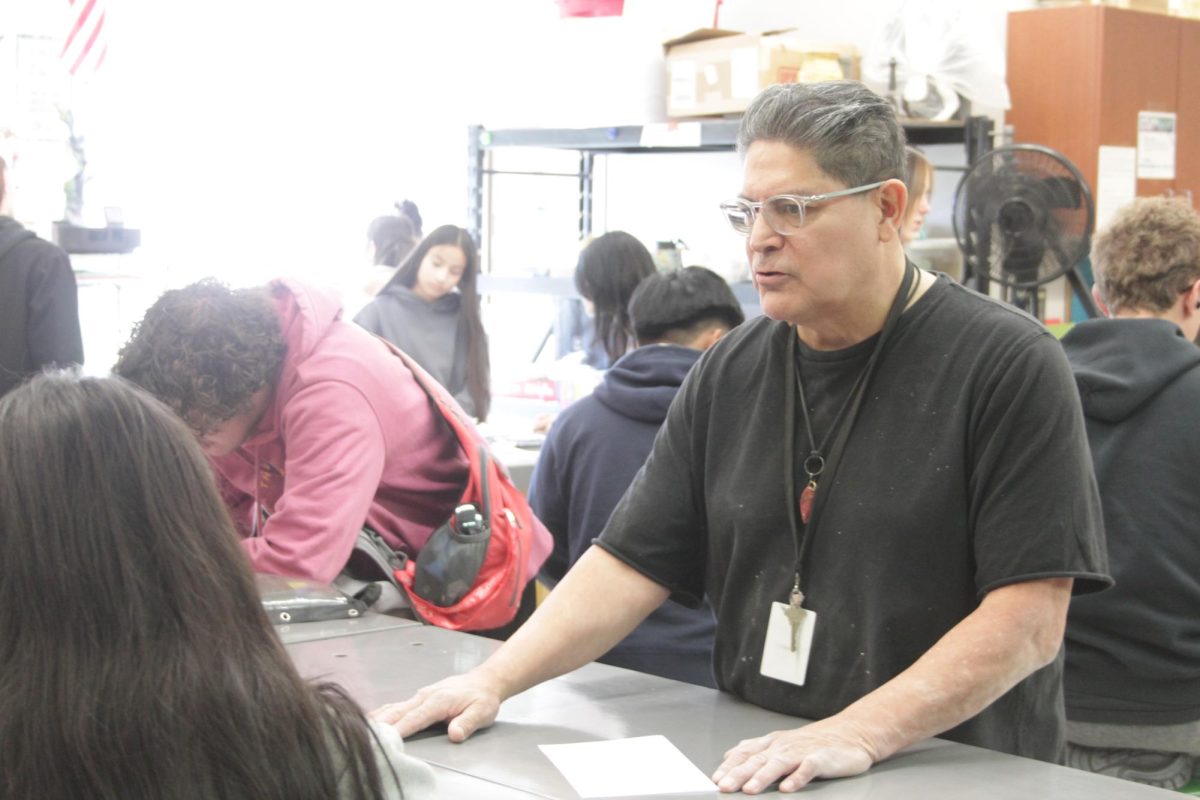
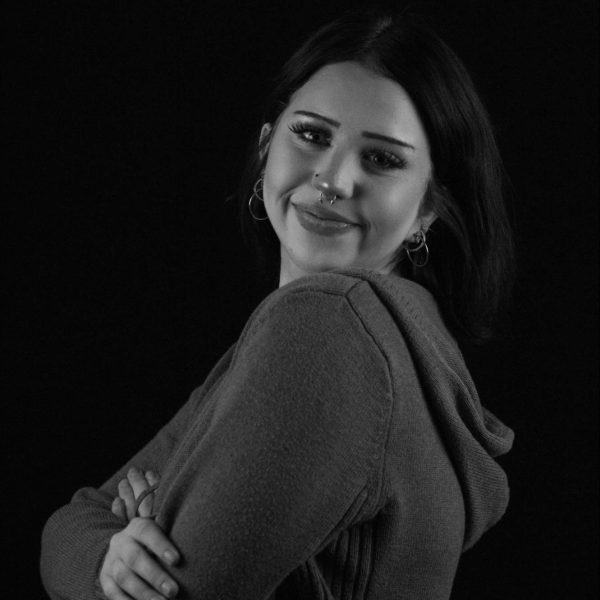
Venkatesalu Govindarajulu • Mar 15, 2025 at 7:17 pm
So good, so versatile, the comments and criticism of the poet rupi kaur are suberbly analyzed. Thank you.